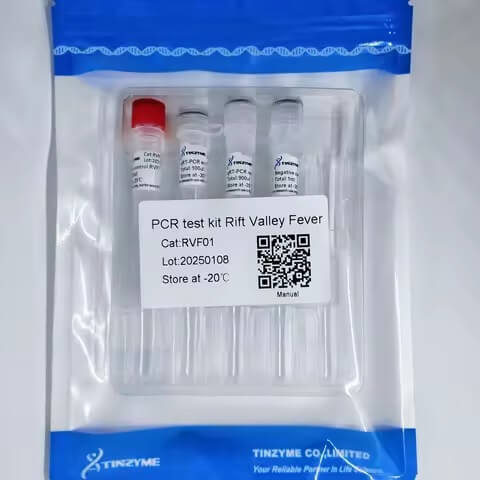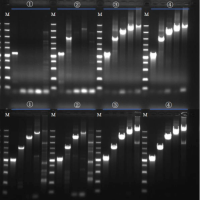Protease Inhibitor Cocktail is a mixture composed of multiple protease inhibitors, used to prevent the degradation of proteins by endogenous proteases in vitro experiments. This mixture typically includes a variety of small molecule inhibitors that can inhibit different types of proteases, such as serine proteases, cysteine proteases, aspartic proteases, and aminopeptidases.
Composition
Common components of protease inhibitor cocktails include:
- Aprotinin: A reversible inhibitor of serine proteases.
- Bestatin: A reversible inhibitor of aminopeptidases.
- E-64: An irreversible inhibitor of cysteine proteases.
- Leupeptin: A reversible inhibitor of both serine and cysteine proteases.
- Pepstatin A: A reversible inhibitor of aspartic proteases.
- AEBSF: An irreversible inhibitor of serine proteases.
Application Fields
Protease Inhibitor Cocktail is widely used in experiments such as protein extraction, purification, Western Blot, immunoprecipitation (IP), co-immunoprecipitation (Co-IP), immunofluorescence (IF), immunohistochemistry (IHC), and kinase assays.
Usage Method
Typically, this cocktail is provided as a high-concentration DMSO solution. It should be diluted to the appropriate concentration and added to sample solutions, such as cell lysates or tissue extracts, according to experimental needs. For example, it can be added at a ratio of 1:100.
Precautions
- Storage Conditions: It should generally be stored at -20°C to maintain its activity.
- Safety Precautions: Handle with care to avoid inhalation or contact with skin.
- Compatibility: Some cocktails are EDTA-free to avoid affecting the activity of metal-dependent proteins.
Protease Inhibitor Cocktail is an effective tool that can maximize the protection of proteins from degradation, thereby improving the success rate and reliability of experimental results.
One sentence introduction
Protease Inhibitor Cocktail is a mixture of various protease inhibitors used to prevent protein degradation by endogenous proteases in vitro, commonly applied in protein extraction, purification, and analysis experiments.



